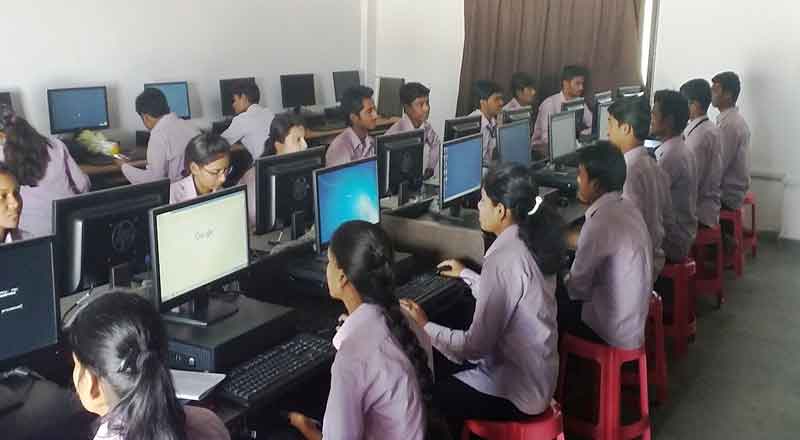Government Revisits Controversial Bill Amid Growing Concerns
In a significant development, the Indian government has decided to extend the discussion period for the Broadcasting Services Regulation Bill and will issue a revised draft following a series of consultations. This decision comes in response to substantial criticism from digital content creators and media organizations, who have expressed concerns about the Bill’s implications for online content regulation.
Background and Initial Controversy
The Broadcasting Services Regulation Bill, first released for public consultation in November 2023, proposed a comprehensive regulatory framework for online content creators, including those on platforms like YouTube. The Bill aimed to categorize these creators as “digital news broadcasters,” subjecting them to similar regulations as traditional OTT platforms and digital news outlets. This proposal sparked a heated debate, with many stakeholders arguing that it could impose undue restrictions on free expression and complicate the operations of independent creators.
Extended Consultation Period
To address these concerns, the Ministry of Information and Broadcasting has announced an extension of the consultation period. Stakeholders now have until October 15 to submit their comments and suggestions on the draft. The ministry stated, “The Ministry of Information & Broadcasting is working on a Draft Broadcasting Services (Regulation) Bill. The draft Bill was placed in the public domain on November 11, 2024, along with explanatory notes for comments from stakeholders and the public.” This extended period aims to gather a broader range of inputs and refine the proposed regulations based on comprehensive feedback.
Criticism of Limited Stakeholder Engagement
Despite this extension, criticisms have surfaced regarding the consultation process. Representatives from the DigiPub News India Foundation, which represents over 90 digital news publishers, and the Editors Guild of India have criticized the government for holding closed-door meetings with a limited group of stakeholders. They argue that these discussions have excluded broader representation from digital media organizations and civil society groups. The lack of access to the draft Bill has further fueled concerns about transparency and inclusivity in the consultation process.
Key Features of the Revised Draft Bill
The revised draft introduces a new category called “digital news broadcaster,” which encompasses individuals or entities systematically broadcasting news and current affairs through online platforms. The Bill proposes that such broadcasters must notify the Ministry of Information and Broadcasting about their operations and establish content evaluation committees at their own expense. This move aims to ensure that digital content adheres to certain standards but has raised concerns about the feasibility and fairness of these obligations for independent creators.
Penalties for Non-Compliance
A significant aspect of the Bill is its provision for penalties. Creators who fail to comply with the new requirements—such as not informing the government or not setting up a content evaluation committee—could face substantial fines. The draft Bill specifies a fine of Rs 50 lakh for the first violation and Rs 2.5 crore for subsequent violations within the following three years. These penalties have been criticized for their potential to stifle independent content creation and impose financial burdens on smaller creators.
Legal and Exemptions Considerations
Some stakeholders may be exempt from the Bill’s provisions. Previous judicial actions have shown that certain regulations impacting news and current affairs publishers, such as adherence to a Code of Ethics, have been stayed by the Bombay and Madras High Courts. These legal challenges highlight ongoing concerns about the impact of such regulations on press freedom and the broader implications for content creators.
Broader Implications and Future Outlook
The extended consultation period and the forthcoming revised draft aim to address the significant concerns raised by stakeholders and ensure a balanced approach to regulating digital broadcasting services. The Bill’s proposed regulations are set to have far-reaching effects on how online content is produced and consumed in India. As the government seeks to navigate these complexities, the tech industry, legal experts, and digital content creators will continue to scrutinize the evolving framework for its potential impact on freedom of speech and the operational viability of digital media platforms.
This ongoing process reflects the government’s effort to strike a balance between regulation and innovation in the rapidly evolving digital landscape. The forthcoming revised draft and continued stakeholder engagement will play a crucial role in shaping the future of broadcasting services regulation in India.
(With inputs from agencies)





